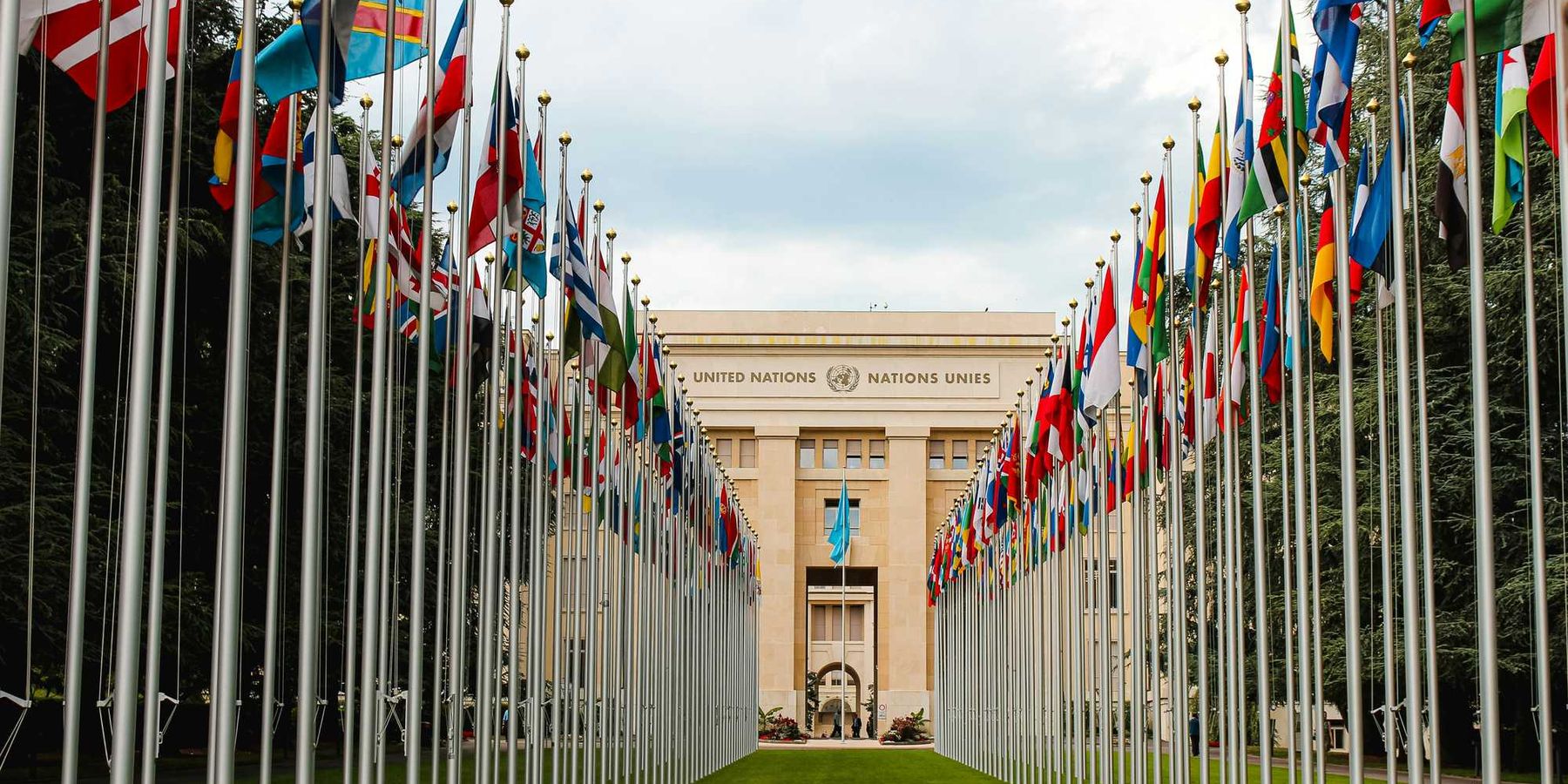first nations
Six Ontario First Nations challenge mining law in court
Six northern Ontario First Nations have filed a lawsuit against the province, claiming that its mining laws allow mineral claims on their lands without consultation, violating their rights.
In short:
- The court case challenges Ontario's Mining Act, which allows miners to stake claims on Indigenous lands without prior consultation.
- The First Nations argue this system infringes on their Treaty and Charter rights, demanding changes to the law.
- Ontario's mining laws have faced criticism for being "racist and colonialist," with similar cases emerging across Canada.
Key quote:
"The Ontario Mining Act is a piece of racist legislation that bulldozes over First Nations lands and rights. It says to the world that the land in Ontario is free for the taking and drilling and blowing up."
— June Black, Chief of Apitipi Anicinapek Nation.
Why this matters:
The case could reshape how mining rights are granted in Ontario, ensuring that Indigenous communities have a say in what happens on their traditional lands. This legal challenge reflects broader tensions over resource extraction and Indigenous sovereignty in Canada.
Activists meet with Canadian official to discuss concerns about Line 5 pipeline
Activists have called on a Canadian consular official to close the Line 5 oil pipeline, citing environmental and Indigenous rights concerns.
In short:
- An international coalition presented a letter to a Canadian consular official, urging the revocation of a treaty that supports the operation of Line 5.
- The pipeline, which traverses tribal lands, has been deemed trespassing by a court, with orders for partial closure by 2026.
- Enbridge disputes these claims, citing a 1992 easement and arguing against treaty violations.
Key quote:
“It’s hypocritical and irrelevant for the Canadian government to invoke the 1977 treaty while ignoring the long standing treaties they have with First Nations.”
— Andrea Pierce, Little Traverse Bay Bands of Odawa Indians citizen
Why this matters:
Line 5, part of a network operated by Enbridge Inc., runs under the Straits of Mackinac, connecting Lake Huron and Lake Michigan. This location is pivotal for its natural beauty and as a vital freshwater resource. Critics argue that any potential oil spill could devastate these waters, which are important for local ecosystems and the millions who rely on them for drinking water.
The pipeline also crosses areas significant to local Indigenous communities, who have raised alarms about the infringement of their sovereign rights and the risks to their lands.
Ontario First Nations call for pause on mining claims
Thousands of online mining claims are being made on the territories of First Nations without their consent — and often they aren’t even told about it.
Australian Climate Case resumes in Melbourne Federal Court as experts say Torres Strait may become 'unlivable' without action
Nipissing First Nation is fighting invasive plants with traditional food
Reversing environmental damage can mean counting moose poop, increasing oxygen in Lake Nipissing and ‘being more in tune with our lands here, in addition to also doing some really good science.’
This First Nation in Alberta is fighting climate change with rows and rows of trees
First Nations fight to bring traditional foods back to the table
Skeena River sockeye have declined 75% since 1913. Woodland caribou have declined by more than half in the past century. But with the right resources, First Nations are bringing ancestral foods back from the brink.









